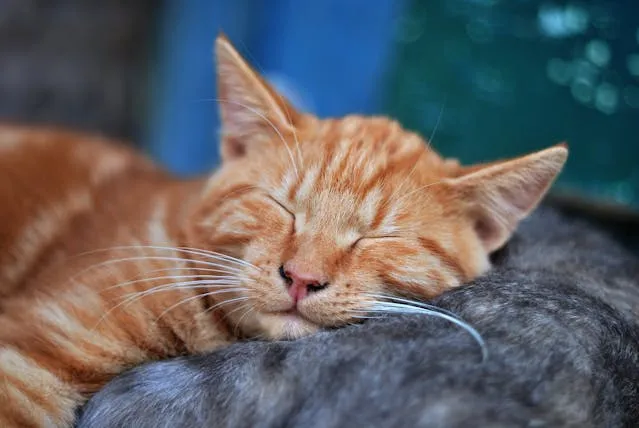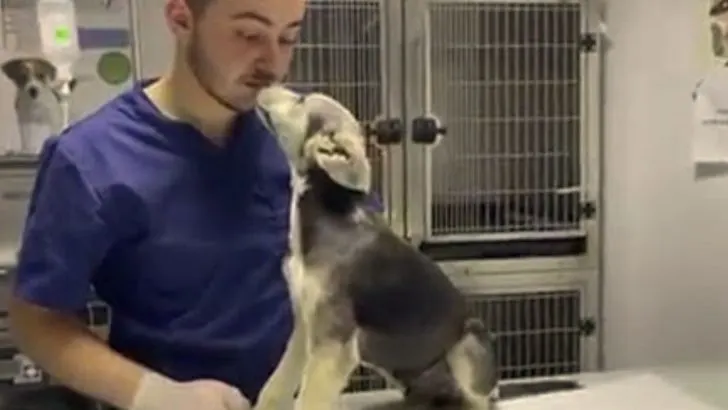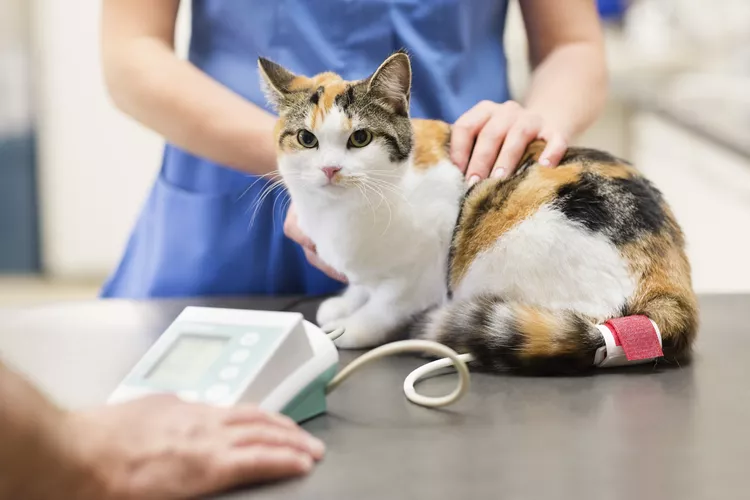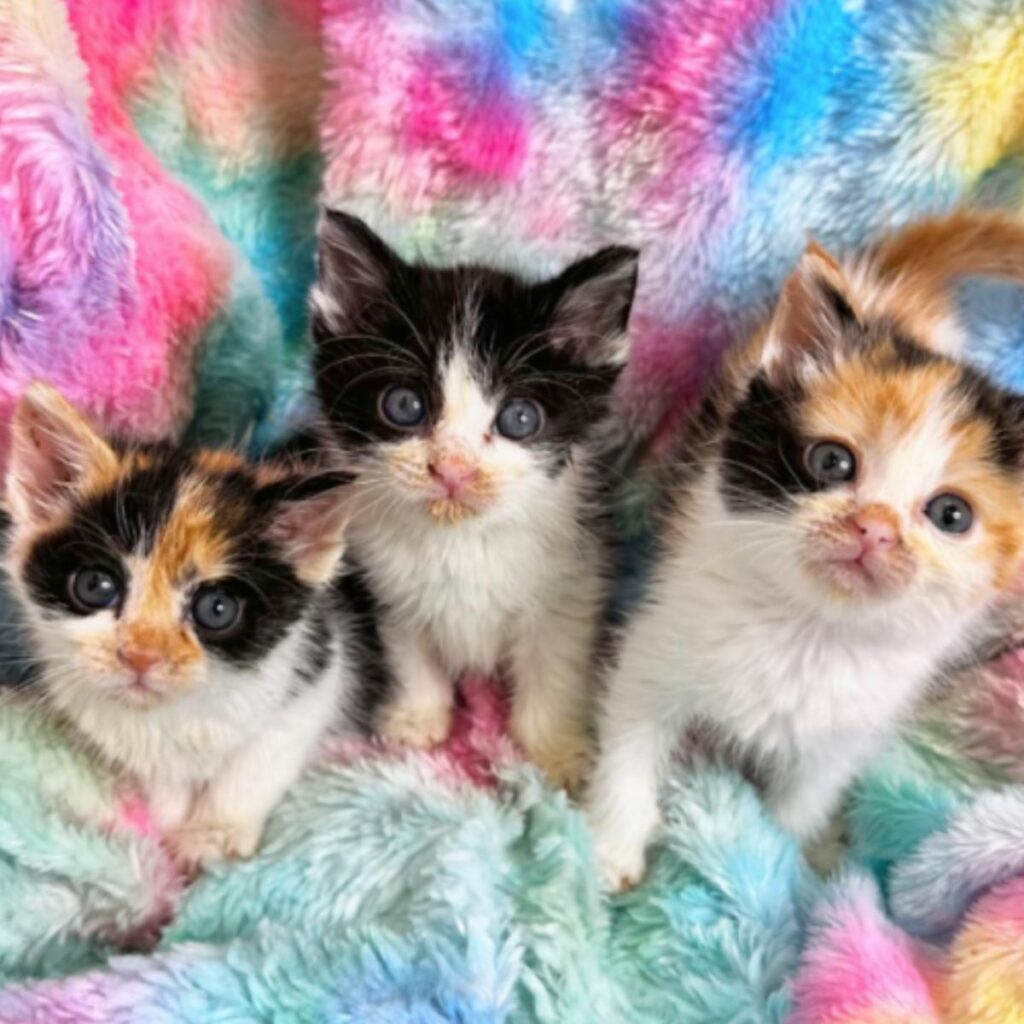Curled up on the couch, basking in the sunlight, cats seem to have mastered the art of relaxation. But have you ever wondered why cats sleep so much? In this article, we’ll uncover the mysteries behind their slumber and explore the reasons cats sleep a lot. Discovering the cat sleeping habits can provide valuable insights into their health and well-being. From their natural behavior as predators to the impact of age and health, let’s delve into the world of feline sleep.
Natural behavior
Cats have unique sleep patterns that are influenced by their evolutionary traits. As crepuscular animals, cats are most active during dawn and dusk, which means they sleep more during the day. This behavior is rooted in their natural hunting instinct as predators.
Cats are crepuscular animals, which means they are most active during the twilight hours of dawn and dusk. As such, they have adapted their sleep patterns accordingly. Cats will sleep more during the day and conserve their energy for their active periods. This behavior is deeply ingrained in their hunting instinct, as they are more likely to find prey during these low-light times of day. By sleeping during the day, cats can save their energy for when they are most likely to encounter prey.
Understanding their natural behavior is crucial for cat owners who want to provide the best possible environment for their pets. By recognizing that cats are crepuscular animals with an innate hunting instinct, owners can appreciate and accommodate their cat’s sleep patterns.
Energy balance
Cats are highly active animals, constantly expending energy through various activities such as hunting, playing, and exploring their surroundings. With such high energy consumption, cats need to find ways to replenish and conserve their energy. This is where their unique sleep patterns and catnaps come into play.
Catnaps, short periods of rest, are an essential part of a cat’s energy management strategy. These quick bouts of sleep allow cats to recharge and rejuvenate without entering deep sleep. By taking these catnaps, cats can remain alert and ready to respond to potential threats in their environment.
Conserving energy through sleep is crucial for a cat’s overall well-being. It allows them to maintain their agility, speed, and sharp senses, which are crucial for hunting and survival. Through catnaps, cats strike a balance between rest and readiness, ensuring they have the energy they need when they need it.
Biological habit
Cats have unique biological habits when it comes to sleep. Unlike humans, cats have shorter sleep cycles and spend a large portion of their sleep in REM (rapid eye movement) sleep, which is associated with dreams and brain activity. This explains why you may sometimes see your cat twitching or moving while asleep.
Their shorter sleep cycles mean that they go through various stages of sleep more frequently than humans. Cats typically have multiple short naps throughout the day, allowing them to rest and recharge.
Moreover, cats produce sleep-regulating hormones, such as melatonin, which help regulate their sleep patterns. Melatonin is a hormone that plays a crucial role in maintaining the body’s internal clock and sleep-wake cycle. It helps cats fall asleep and stay asleep during the appropriate times.
Understanding these biological habits can shed light on why cats sleep the way they do. Their unique sleep cycles and sleep-regulating hormones contribute to their overall sleep patterns and behaviors.
Safe environment
Cats value their safety and seek out secure sleeping spots in their environment. Providing a safe and comfortable space for your cat to sleep can contribute to their overall well-being and help reduce stress.
One important aspect of creating a safe environment for your cat’s sleep is ensuring environmental comfort. Cats prefer certain conditions for sleeping, including a moderate temperature and minimal noise level. Keeping the temperature in the room comfortable and ensuring the sleep area is free from excessive noise can help your cat relax and sleep better.
Another factor to consider is providing secure sleeping spots for your feline friend. Cats feel safest when they have their own designated sleeping areas, such as a cozy cat bed or a soft blanket. These secure sleeping spots give them a sense of ownership and help them feel protected while they sleep.
In addition, the presence of other pets in the household can impact a cat’s sleep quality. Some cats may be stressed or anxious if they have to share sleeping areas with other animals. Providing separate sleeping areas for each pet can help reduce potential conflicts and create a more peaceful sleep environment for your cat.
By taking these measures to ensure a safe and comfortable sleep environment, you can help reduce stress and promote relaxation for your cat. Providing them with a sense of security in their sleeping spots will contribute to their overall well-being and ensure they feel protected while they rest.
Health and age
A cat’s sleep patterns can be influenced by their health and age. Kittens, for example, require more sleep as they grow and develop. Their bodies need rest to support their rapid growth and energy expenditure. As kittens engage in play and exploration, they may tire easily, leading to increased sleep duration.
On the other hand, senior cats may sleep more due to decreased activity levels and age-related changes. As cats age, their energy levels naturally decline, causing them to nap more frequently. These longer sleep periods help them conserve energy and adapt to their changing capabilities.
Changes in sleep patterns can also serve as a sign of illness or underlying health problems. Cats that sleep excessively or struggle to sleep may be experiencing discomfort or pain. It’s important to monitor their sleep habits and look out for any noticeable changes. If you notice a significant shift in your cat’s sleep patterns, it’s advisable to consult a veterinarian for further evaluation.
Stress, anxiety, and certain medical conditions can disrupt a cat’s sleep routine. Cats experiencing stress or anxiety may have difficulty settling down for sleep or wake up frequently throughout the night. In some cases, disrupted sleep can be a symptom of an underlying medical condition that requires attention.
By monitoring your cat’s sleep habits and being aware of any changes, you can gain valuable insights into their overall health and well-being. Regular check-ups with a veterinarian can help identify and address any potential health concerns, ensuring your cat’s sleep patterns are in line with their age and overall health.
Conclusion
Cats are known for their extensive sleep habits, and understanding the reasons behind their slumber can help ensure their well-being. By recognizing their cat sleep habits, owners can provide an environment that promotes healthy sleep patterns for their feline companions.
One key factor in understanding feline sleep is their natural behavior. As crepuscular animals with a strong hunting instinct, cats sleep more during the day to conserve energy and remain alert during periods of low prey activity.
Another crucial aspect is managing their energy balance. Cats sleep to replenish their energy stores after exerting energy during activities like hunting and playing. Short catnaps allow them to recharge without falling into deep sleep.
Biological habits also come into play. Cats have unique sleep patterns with shorter sleep cycles compared to humans. They spend a significant portion of their sleep in REM sleep, which is linked to dreams and brain activity. Sleep-regulating hormones, such as melatonin, further influence their sleep patterns.
Providing a safe environment is crucial for cats to feel secure and comfortable during sleep. The presence of secure sleeping spots and factors like temperature and noise level can greatly impact their sleep quality and overall well-being.
Additionally, a cat’s sleep patterns can be influenced by health and age. Kittens require more sleep as they grow, while senior cats may sleep more due to decreased activity levels or health issues. Changes in sleep patterns can also serve as indicators of underlying health problems.
Understanding these factors and promoting healthy sleep can ensure that cats lead happy and healthy lives. By providing an environment that supports their natural behavior, energy balance, biological habits, and safety, owners can help their feline friends get the rest they need to thrive.







